◎ 慢-人語 |「溝通型KOL」Lilian:環保或素食並非One or Zero,而是以減少傷害為目標
◎ Slo - with ... | 慢-人語
「溝通型KOL」Lilian:環保或素食並非One or Zero,而是以減少傷害為目標
[Scroll down for English]

如果你是網絡KOL,當明知在網上討論素食、環保及女權主義容易惹起筆伐,你會選擇多談風花雪月、避重就輕,還是繼續落筆,闡述自己的觀點?
性/別教育工作者 Lilian 在個人專頁 ( @lilian_001_ ),不時以千字文談動物權益、塑膠廢物、身體自愛。以為網絡世界分秒必爭,長文肯定沒人看?倒也有讀者願意慢下來耐心回應,目前專頁已有過萬名追隨者,於匿名通訊程式 Discord 擁有逾千人的討論社群。
她自稱是「溝通型 KOL」,不求他人一定認同,反而樂於討論:「其實我、素食者也是一個普通人,也曾經很愛吃肉,只不過後來有些機緣,讓我明白和感受到以往不曾感受的,於是決定由自己做起,改變自己。有緣份能感染到你的話,我非常榮幸;沒有的話,也非常歡迎你告訴我你的想法和質疑。」
偶然的轉念:「點解一直以來我只當佢係食物?」
我們約在大學校園聊天, Lilian 拿著一個脹卜卜的紙袋到來,裡頭裝的是預備和我們介紹的環保手工藝品。在網絡上有時「咀𡁻𡁻」,相比之下真人反而顯得內斂,不過聊天時仍舊滔滔不絕。
問 Lilian 如何開始食素,她笑說:「好長㗎喎個故事!」那便迎著山上的風,娓娓道來。
「大概五年前探親做節,屋企人買咗隻雞喺花園養咗幾日。幾歲嘅表妹當佢係貓貓狗狗咁,玩得好開心,直至有日大人攞隻雞去煮 … 嗰陣就突然發現,其實雞都係動物,都幾可愛,點解一直以來我只當佢係食物?」
在那之後她便成為魚素者,直至一次泰國旅行,原先本著要吃夠本的心態,享受海鮮燒烤放題,「又抵食又好食,隻隻扭開個頭,入面全部都係紅色嘅肥膏...」但看見鮮蝦在火爐上掙扎,劈歷啪嘞的聲音卻敲打著她的內心。

「我甚至開始覺得對面食客啜蝦膏嘅樣好嘔心、好殘忍。但真係要戒海鮮我又未做到 … 最後承諾自己要戒原隻海鮮。」那麼已切碎的就可以照吃?「嗰陣其實心理上未ready,所以容許自己照食魚柳、壽司。但慢慢心底都開始對碎上嘅海鮮反感,越食越少。」
「最後有日瞓醒,真係好突然、好突然地覺得自己 ready 要做全素者,就一直堅持到而家。」
誠實面對自己的慾望:食素不是做聖人 無須 ONE or ZERO
每每說起食素,總有聲音批評:「係咪唔喺你面前煮就得?」「你話食豬、牛肉好殘忍,咁你又食海鮮?」「點解要食素肉?係咪齋口唔齋心?」
「其實好簡單,想食肉嘅味又唔想傷害動物,所以咪食素肉。」Lilian 淡然說已習慣面對這些質疑:「有種非黑即白嘅道德觀 --要做到100%、要似聖人,如果唔係你就係偽善。」

她認為,食素的終極目標是減少對自然和其他動物的傷害,然而需要多少時間去實踐、達成這個目標,受成長際遇、教育、生活經驗影響,每個人的步伐也理應不同,像她便用了差不多六年。
「我哋接受咗廿幾三十年嘅文化或教育,從來冇人教過我哋,原來食肉有機會為地球帶來傷害,你要突然跳到去另一個完全唔同嘅 lifestyle ,係需要好多力氣,需要一啲故事、意外、突發嘅嘢發生。所以我唔會好 harsh 咁樣看待自己,覺得自己或其他人係偽善,而係需要循序漸進。」
Lilian 回想,當初曾因太心急要成為全素者,卻弄巧反拙:「嗰陣一嚟就淨係食白飯同菜,唔識點補充營養,結果營養不良。」
「我唔會話當時食咗三年海鮮素係呃緊自己。要意識到人就係人,我哋會有慾望 、會有習慣、會有生活上嘅唔方便。要畀時間自己逐步減少傷害,未必一定要 One or Zero。」
訪問間,Lilian 常提著「時間」兩字,播下的種子不會一日長成茁壯大樹,我們或許都需要有耐性,對自己也好,待他人也好,要更加寬容、有耐性地溝通,學習把理念耳濡目染,然後靜待他人轉念的偶然一瞬間。
-
[EN] Version
Being eco-friendly or vegan is about reducing harm

Talking about vegetarianism, environmental protection, and feminism online can be like walking between balloons with a needle. But still, there is an Instagram page in Hong Kong that opens up space for people to discuss animal rights, body positivity, and plastic waste. At present, the page has more than 11,000 followers and has a discussion community of more than 1,000 people on Discord.
"Many vegetarians are ordinary people, that used to love meat. Somewhere we got a chance to understand and feel something we hadn't felt before, and decided to make a change." Lilian, the owner of "Lilian 001の胡思亂想基地" wrote on Instagram. Lilian works to create a space where others can learn these things too and potentially make changes in their own lives.
"You are welcome to tell me your thoughts and questions.” she says. Lilian claims to be a "communication-oriented KOL". At the very beginning, she posted her free writing on the page. Later on, she began to talk about how she started a vegetarian diet and opened conversations around animal welfare and waste issues. Doubts are welcomed and she encourages differing opinions to open up discourse.
"Why did I only ever consider a chicken as food?"
We chatted on a sunny, green university campus. Lilian brought a bag with her, with some environmentally friendly handicrafts to introduce to us.
Asking Lilian how to start her vegetarian journey, she smiled and said, "That's a long story!"
"About five years ago, I was on a holiday visiting family in village. There was a chicken in the garden and my younger cousin was playing with it, just like you'd play with a cat or a dog. I was watching them play when one of my relatives walked into the garden and picked up the chicken.... to cook. I suddenly thought for the first time that chickens are as much animals as cats or dogs, how cute are they? Why did I only ever consider a chicken as food?”
After that, Lilian became a pescatarian.
It was another experience, this time in Thailand, that converted her to a vegan. Lilian was enjoying an 'all-you-can-eat' seafood barbecue until she saw the fresh shrimp being placed on the stove. The shrimp jumped, struggling to get off the heat. The crackling sound touched her soul.
"I felt so cruel, so disgusting to eat shrimp like this. It was in this moment that I promised myself to give up whole seafood. I wasn't mentally ready to give it up completely, so I still allowed myself to eat fish fillets and sushi. But slowly, I began to feel equally bad with this too, and started to actively avoid it."
Making small changes can be easier than jumping straight into veganism. If it feels too easy in the beginning, that's ok. it's about making habits that are sustainable and long term.
”One day I woke up and suddenly felt that I was ready to be a vegan."
What's the cost of being a vegan?
A reader once said to her that "the cost of being vegan is so high while eating meat is cheap.”
Lilian believes that consumers should also reflect further on why meat products are in fact so cheap: "Actually they are not reasonably cheap. Prices so low are only possible with factory farming and poor working conditions which is incredibly inhumane".
Since Lilian's original intention of becoming a vegan was based on animal rights, the cost of being a vegetarian should not be an indicator of moral choice.
"Raising animals in small spaces, and feeding hormones to fatten animals...these things themselves are already problematic."
But she agrees that the price can hinder some people from making changes, that’s why it is necessary to encourage more people to be vegetarians or at least begin to make changes and reduce the amount of meat they consume: "If demand increases, the cost of supply for vegan food will be reduced."
We can already see positive changes happening with more and more vegetarian restaurants opening in Hong Kong, as well as increasing accessibility to organic food and vegetarian meat options.
"Be honest with your desires"
There are always voices criticising: "It's cruel to eat pigs and beef, so why do you eat seafood?" "Why are you still eating vegetarian meat?”
"It's quite simple - I want to eat meat but I don't want to hurt animals, so I eat vegetarian meat." Lilian said indifferently that she was used to these doubts: "They have a black-and-white morality, you have to be like a saint, and if you don’t, you are hypocritical.”
She believes that the ultimate goal of vegetarianism is to reduce harm to nature and other animals, but how much time it takes to achieve this goal is different for everyone. It’s affected by growth opportunities, education, and life experience. “For me, it took six years.”
"When we to jump to another lifestyle, a lot of effort is required. Maybe conversations and education won't be enough to justify this effort for a lot of people, some might need their own personal experience to be their driving force.”
She admits this journey is not easy. “I know it will be a gradual process and that I should never be too harsh on myself or others.”
Lilian recalled that she was too impatient to become a vegan and made mistakes: "I just ate plain rice and vegetables, and I didn't know how to supplement nutrition and ended up being malnourished."
Removing meat from your diet requires changes to the way you eat; learning new recipes to cook, potentially trying totally new ingredients and forming new habits. It's important to find new foods to replace proteins and ensure your body is getting what it needs. Taking it slow is better than not making any change at all.
"We must remember that we are human, we have desires, habits, and inconveniences in life. Please give time to yourself to change in tiny steps. It is not necessarily to be ONE or ZERO. ”


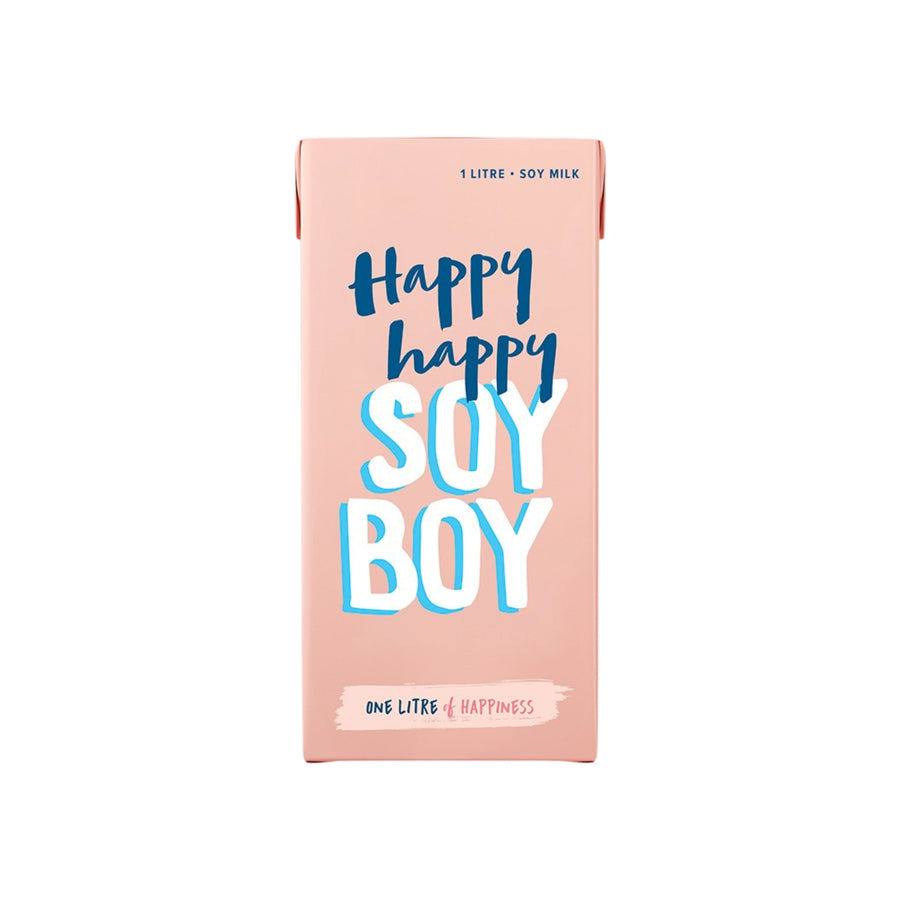
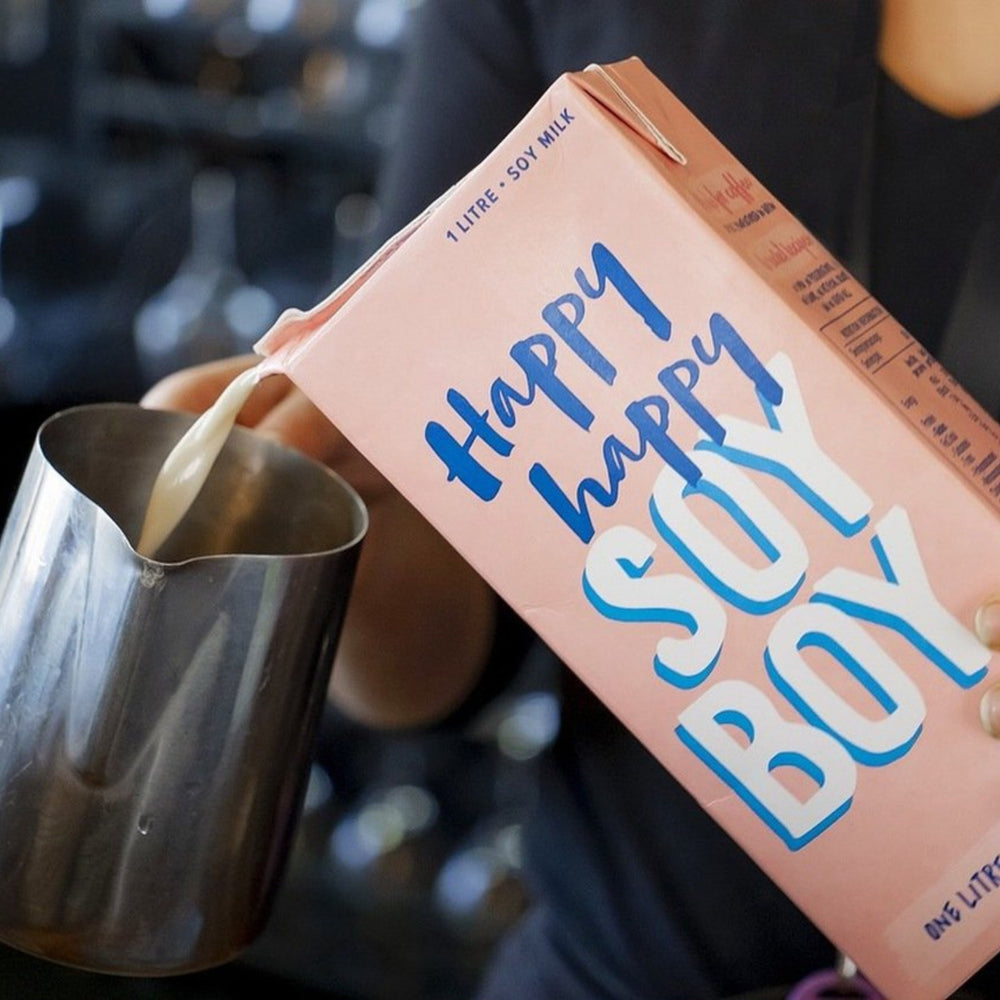
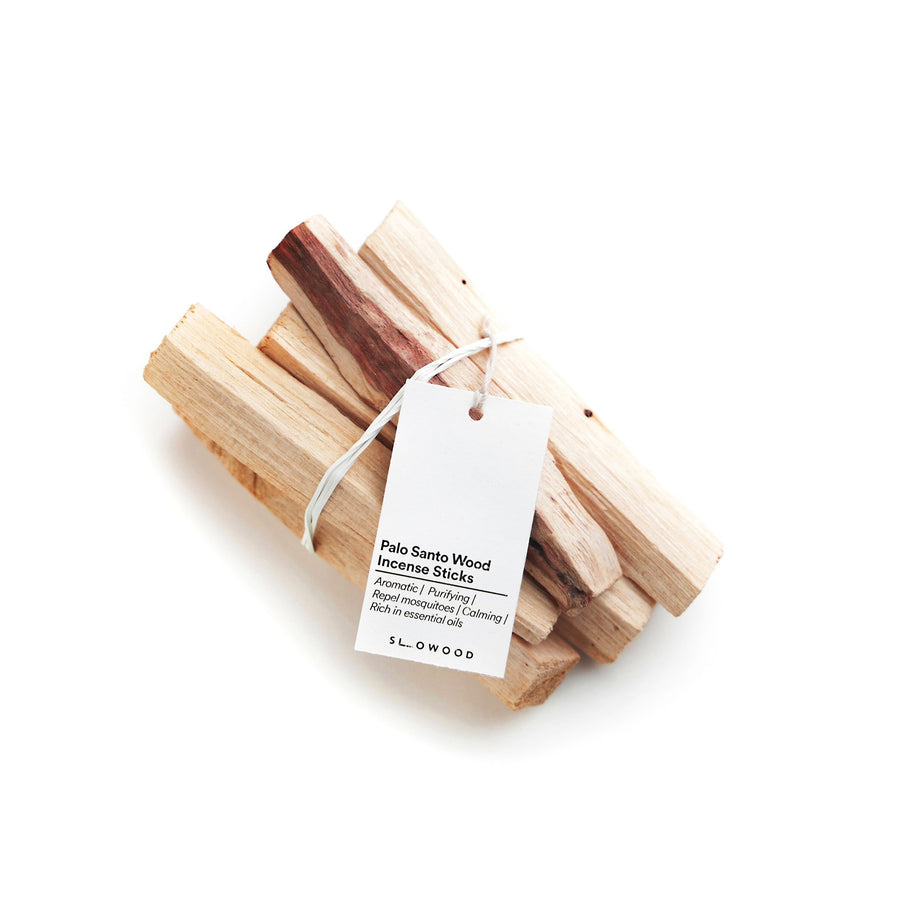
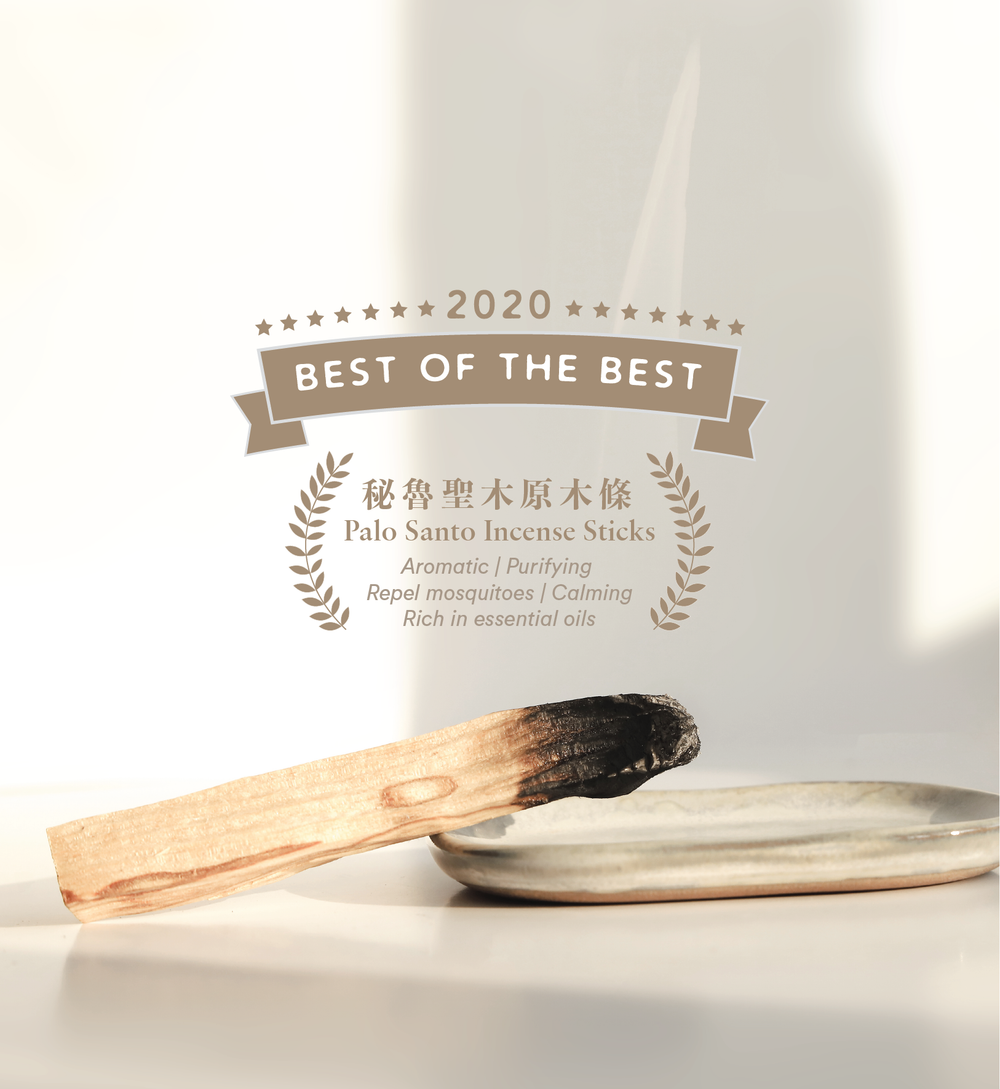


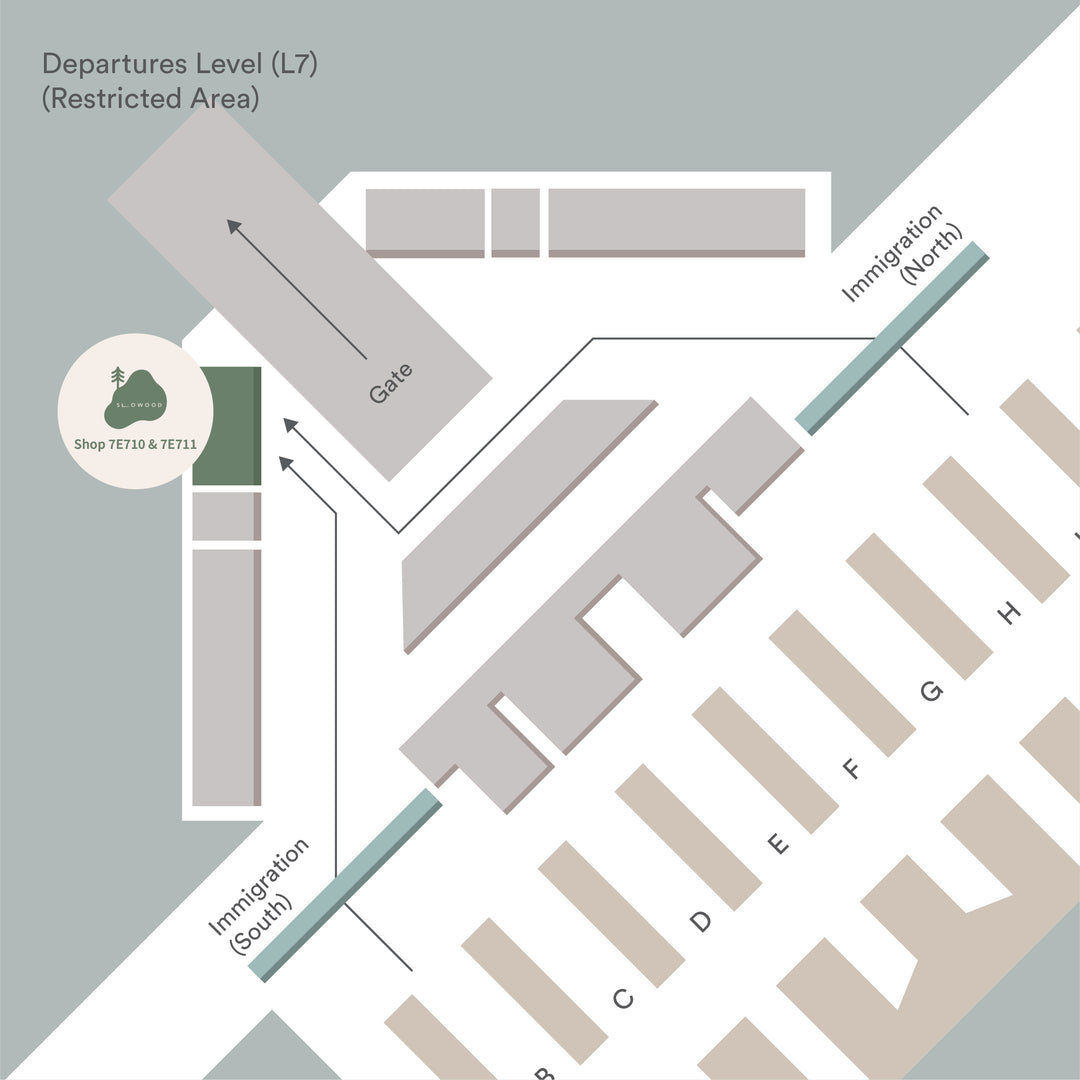
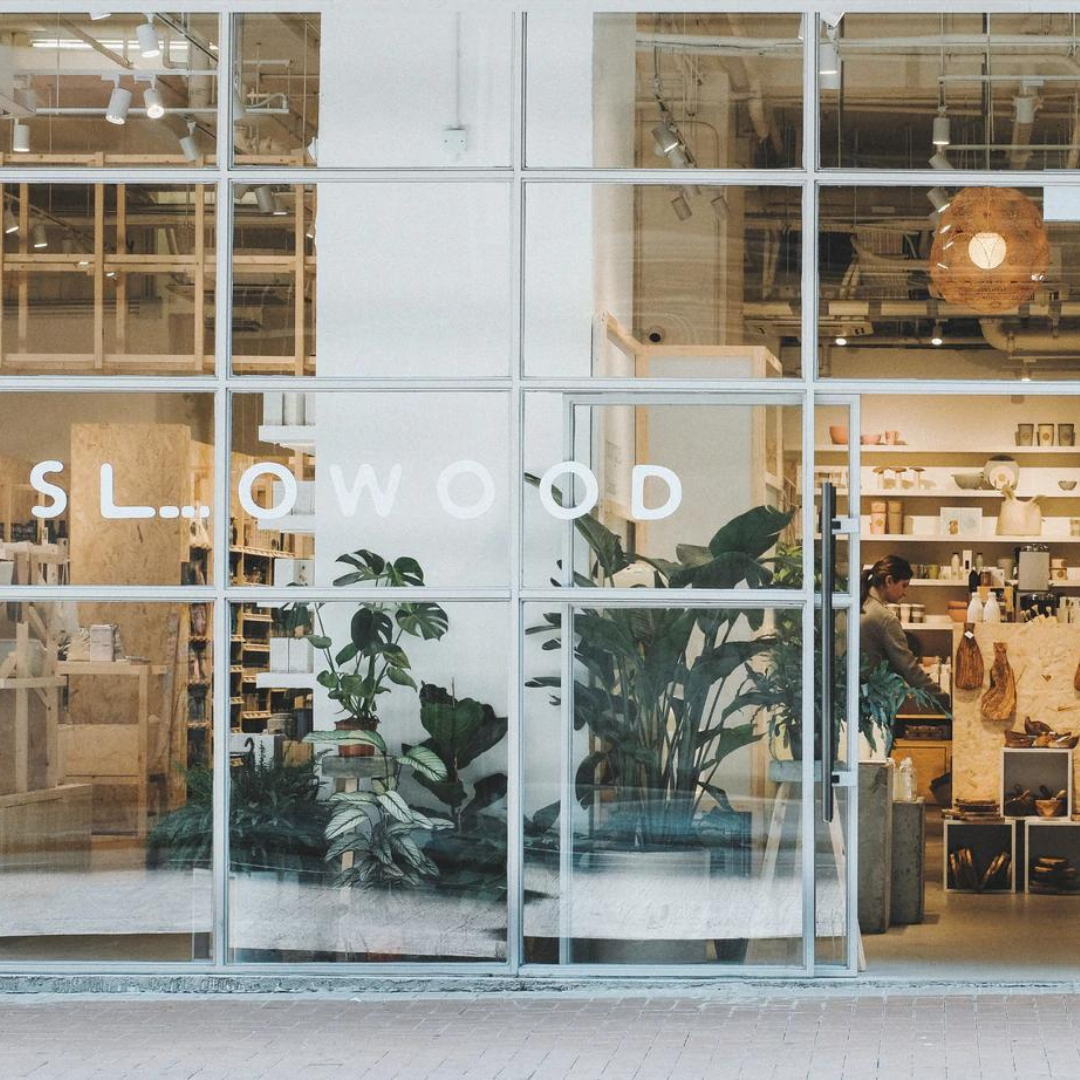
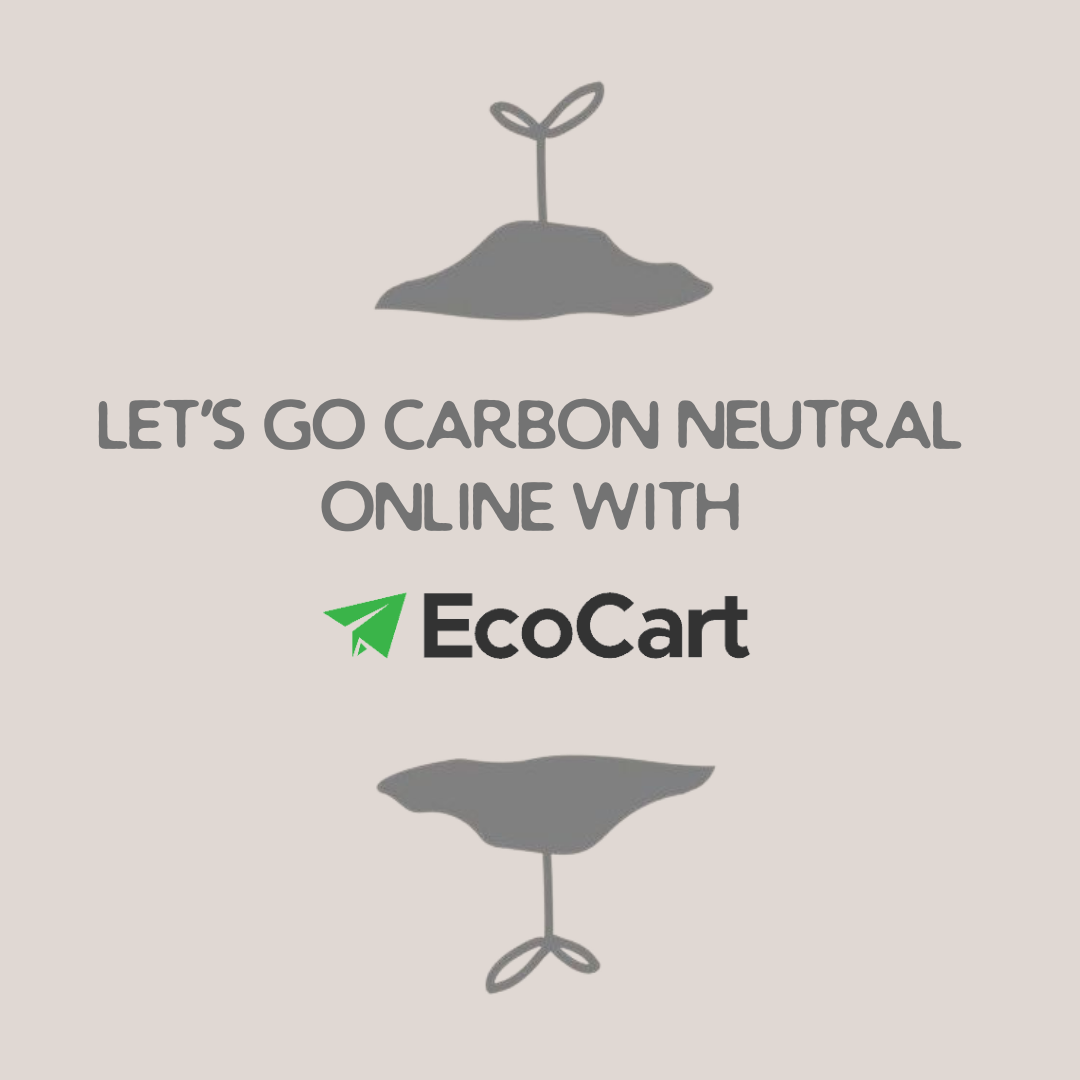
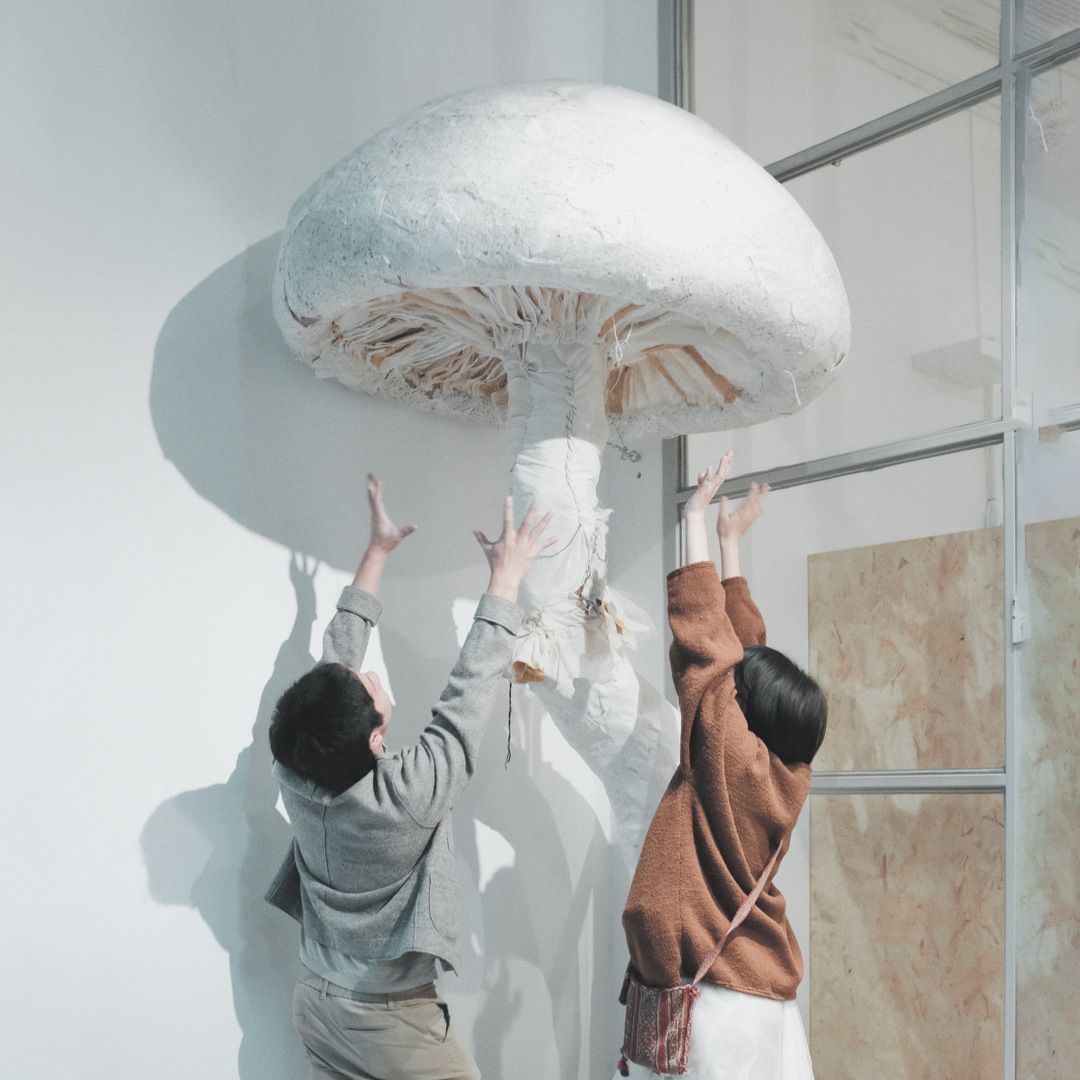
Leave a comment